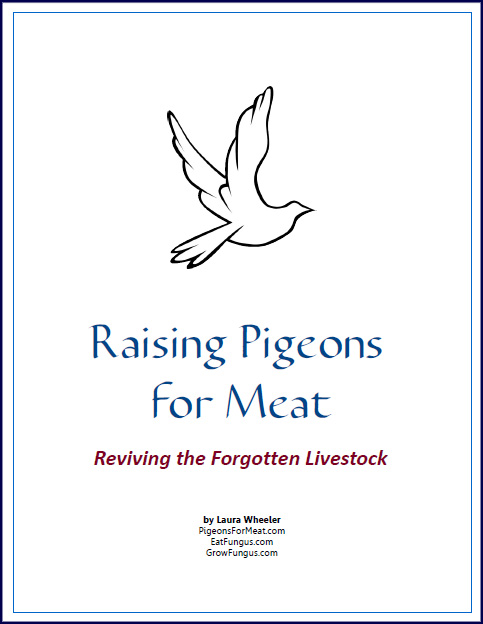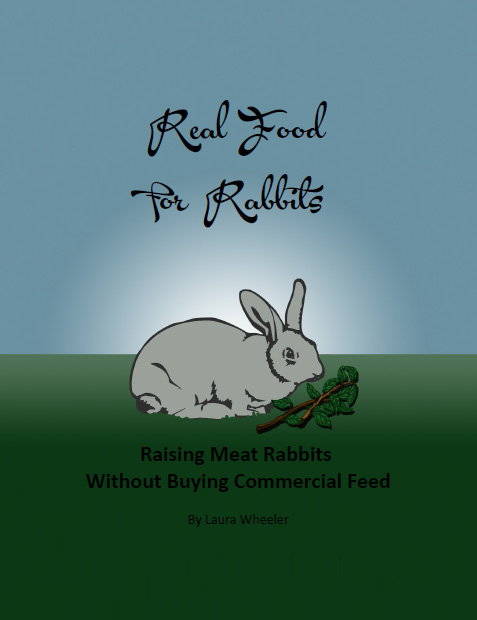Click to Download Your Free Heritage Pickling and Culturing e-Book Now!
Instant Download, NO Registration Required!
Healthy Oils
Healthy oils may be obtained from either plants, or animals, but will generally be either heat extracted, or cold pressed, if they really are healthy. Solvents will be used occasionally, but only certain types, and not those typically associate with commercial high volume oil extraction.
Animal oils generally require heat extraction. Rendering duck fat or lard are classic examples. Heat extracted animal fats are considered to be healthy. Many animal oils are extracted using solvents, but the solvents used are toxic, and this groups those fats into the unhealthy category since it is impossible to extract every bit of solvent.
Plant oils may be cold pressed, hot pressed, or solvent extracted. Generally cold pressed is perceived to be the healthiest, but it is NOT healthier than hot pressed if you are going to use the oil for cooking. Solvent extracted is usually considered unhealthy because of the solvents used.
Theoretically, if a healthy solvent were used, oils extracted using this type of solvent would produce a healthy product. So far, manufacturers do not seem to think this is a good idea, I suspect because of cost.
Rancid Olive Oil
Olive oil has got a lot of press lately, as an acceptable oil on all sides of the health debates. Vegans love it, real food proponents (of all persuasions) love it, paleo people love it.
They also cry long and hard about the "fakes" out there, and how too much is adulterated with other oils that are not so healthy.
Well, there is a reason why they are adulterated!
Because RANCID olive oil really ISN'T good for you!
Olive oil is one of the least stable oils out there! It may already be rancid when you open the container, if it was packed in a plastic container. Adulterated olive oil doesn't run that risk.
In general, the darker (greener) the oil, the faster it will go rancid.
Even if you get high quality oil, you have to buy it in small containers, because it only lasts a month or two on the shelf. It doesn't refrigerate well either, because it goes semi-solid at those temperatures. Adulterated oil is far more shelf-stable after being opened.
Don't get me wrong... I am not in favor of products labeled as Olive Oil that are half something else. But I know why they do it.
For your own kitchen, there are some rules that will help you a bit.
- Buy olive oil in glass bottles, not plastic. It degrades more slowly.
- If you buy Light oil, make sure you know what has been added to it. Light oil lasts FAR longer after opening.
- If you buy Extra Virgin oil, smell it when you open it. If it smells stale or rancid, take it back an complain. If it smells good, then use it quickly. And smell it every time you use it. If it starts smelling rancid, toss it. Generally, the darker the color, the faster it will go sour.
This is the thing about olive oil that proponents never talk about. Perhaps they never noticed, I don't know. But I noticed.
That stale, off smell just isn't a "good food" smell. That stale, off oil isn't healthy food either!
Notice
The information on this site is presented for informational purposes only, and consists of the opinions and experiences of the site authors. It is not to be construed as medical advice or to be used to diagnose or treat any illness. Seek the assistance of a medical professional in implementing any nutritional changes with the goal of treating any medical condition. The historical and nutritional information presented here can be verified by a simple web search.
I do what I do because I understand the science behind it, and I've researched worldwide sources to verify the safety of my practices to my own satisfaction. Please do your own research, and proceed AT YOUR OWN RISK.







